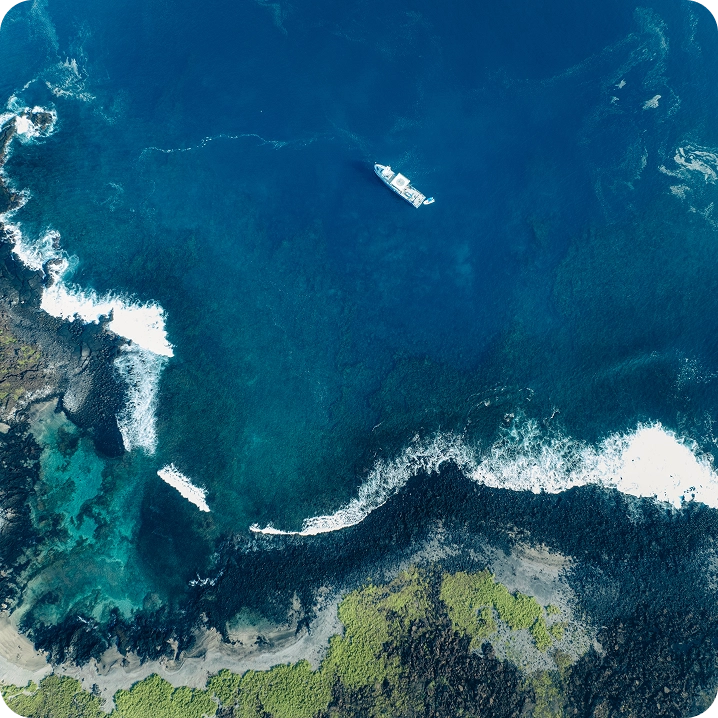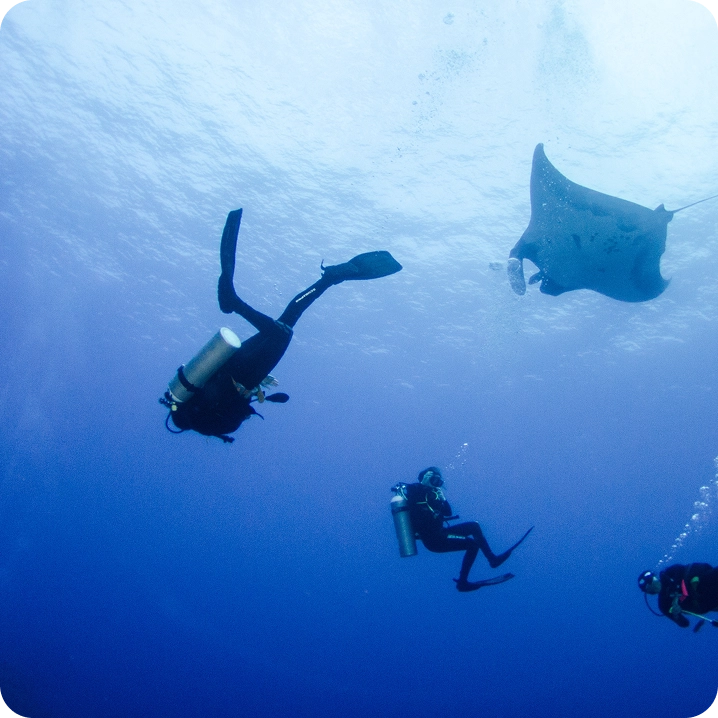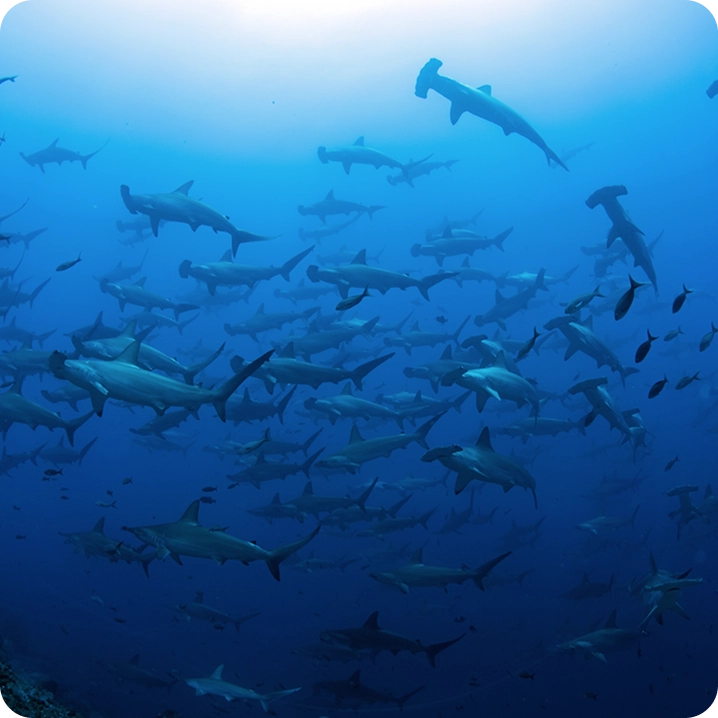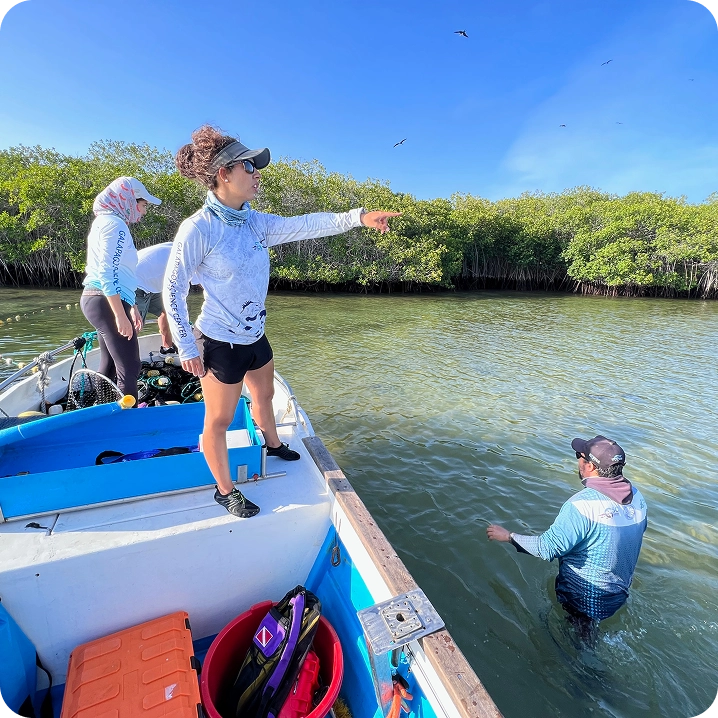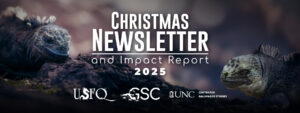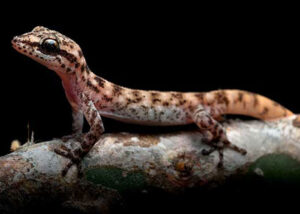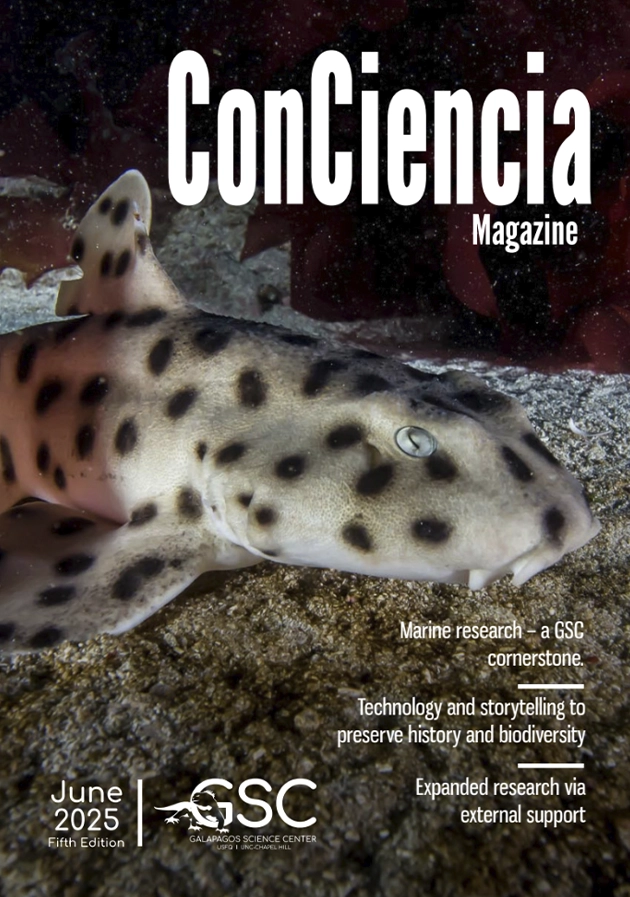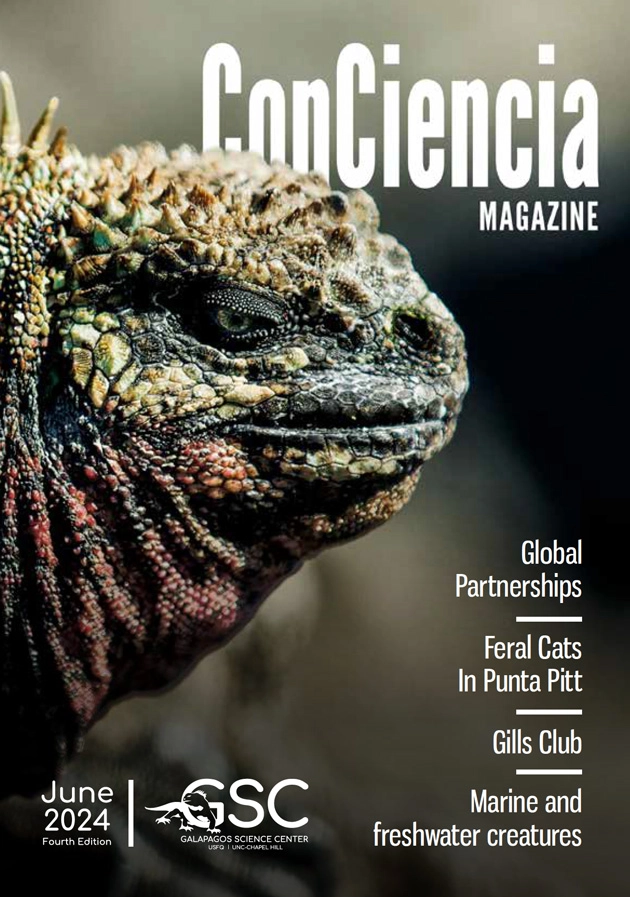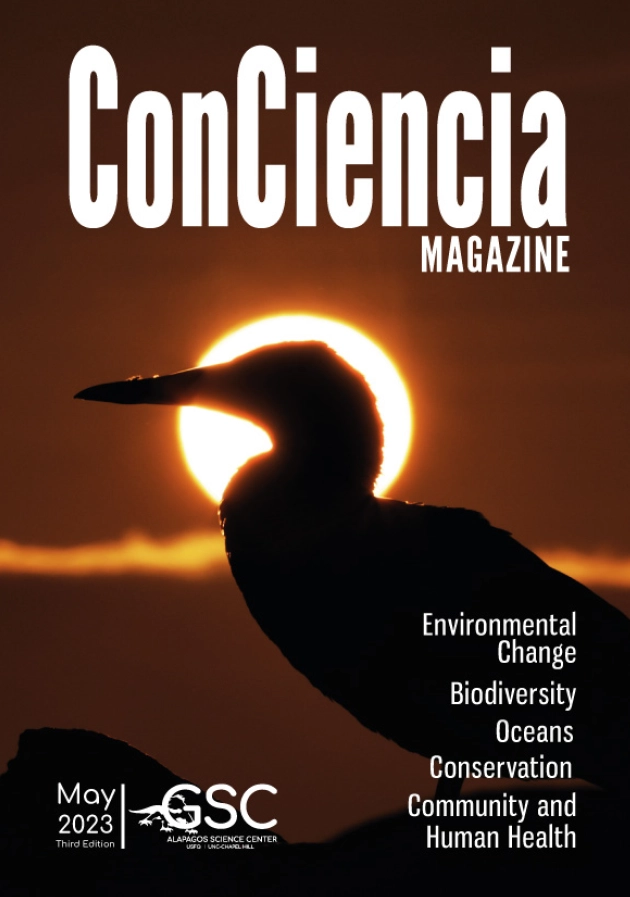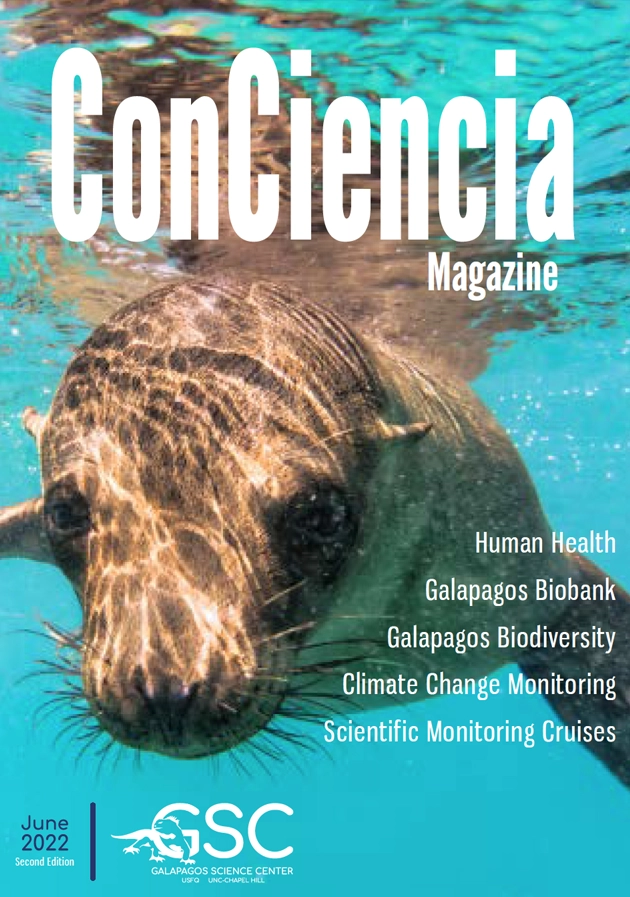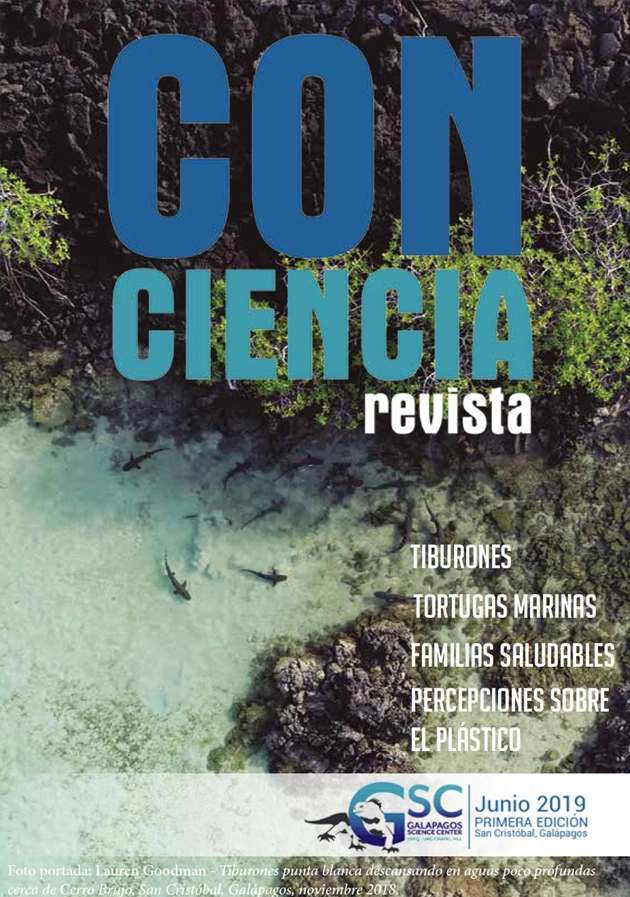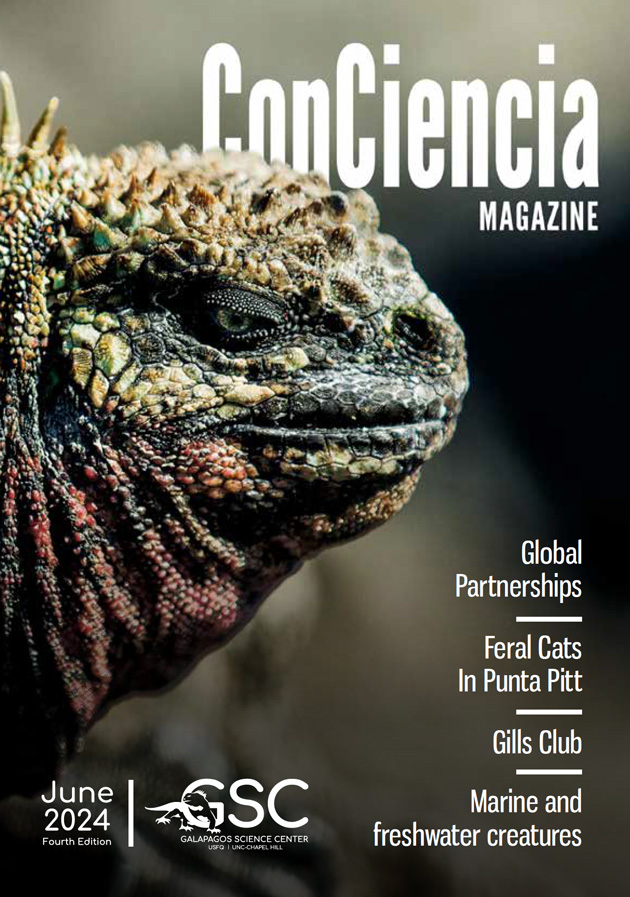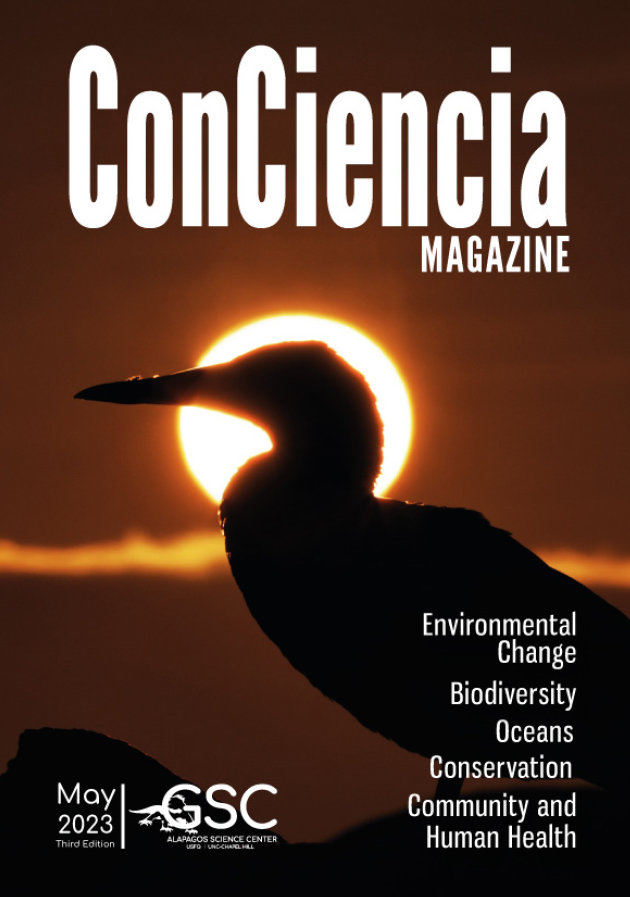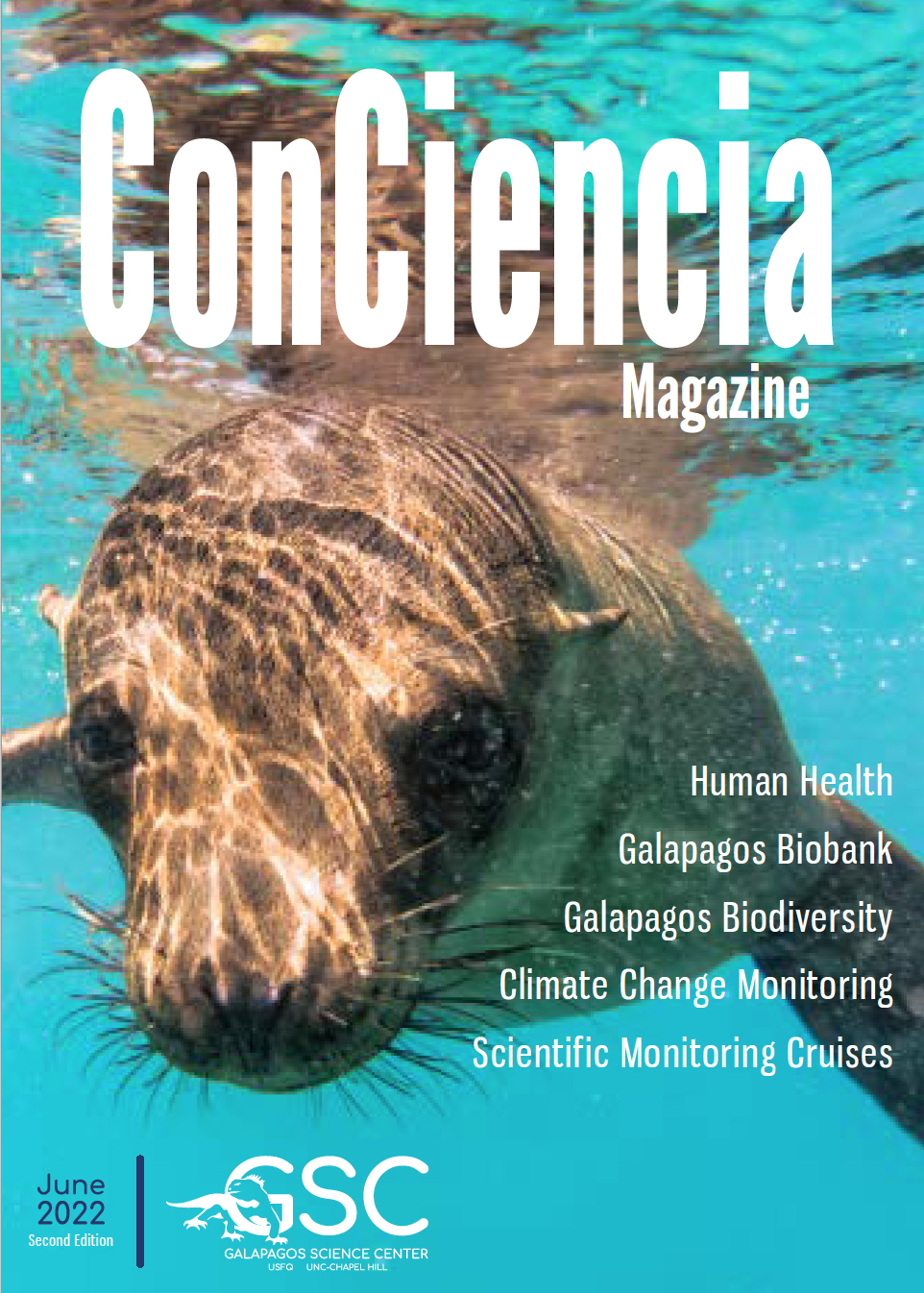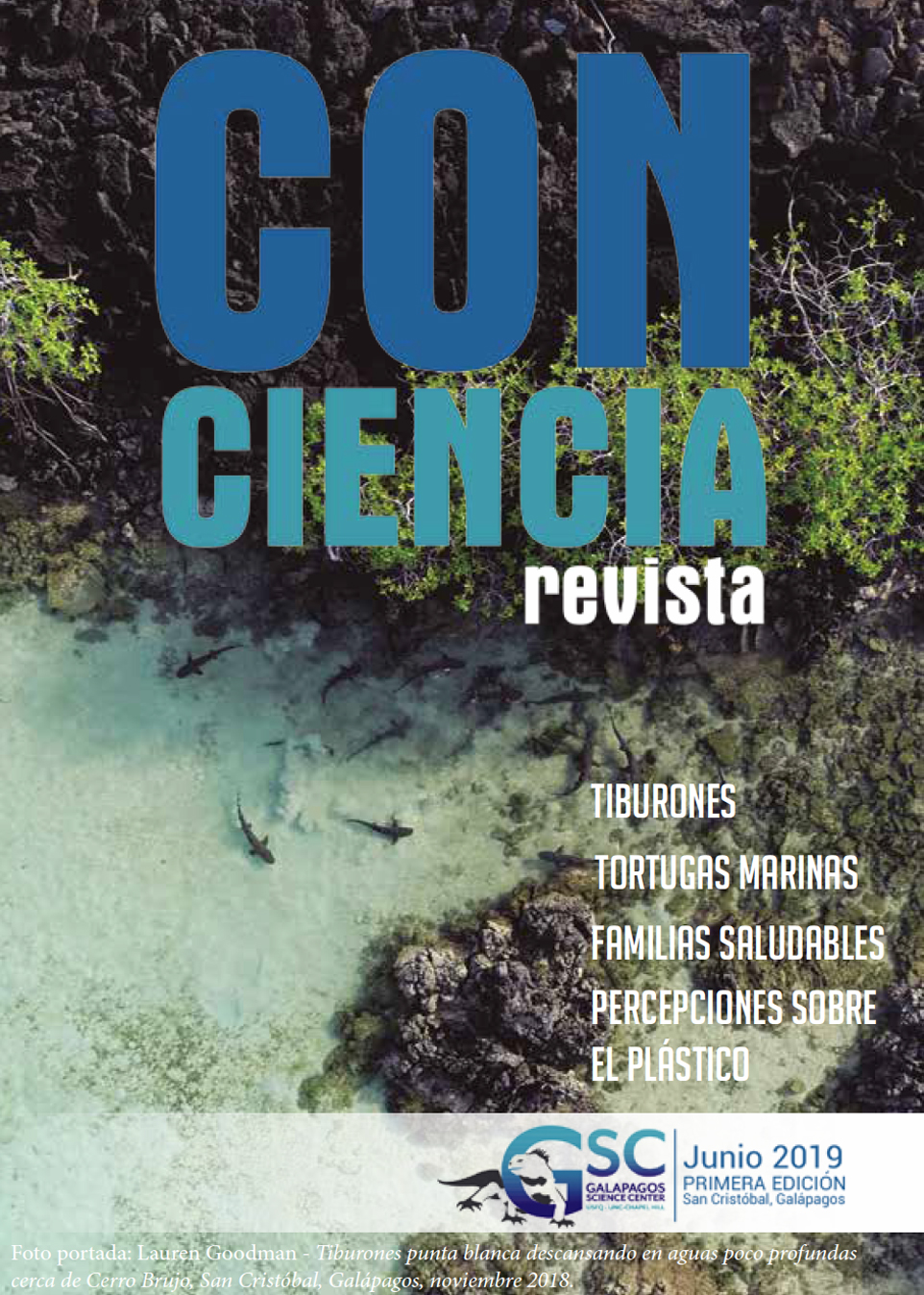Galapagos Science Center
Ensuring healthy social and ecological systems for future generations
The University of North Carolina at Chapel Hill and the Universidad San Francisco de Quito in Ecuador created the Galapagos Science Center (GSC) in 2011 to advance science and conservation in the Galápagos Islands and to extend a richer, more complete understanding of island ecosystems and the threats to their sustainability to the world. The Galápagos Initiative aims to save the Galápagos Islands with an innovative, interdisciplinary, and sustainable strategy. The GSC is located in Puerto Baquerizo Moreno, in San Cristóbal Island, Galápagos Archipelago.
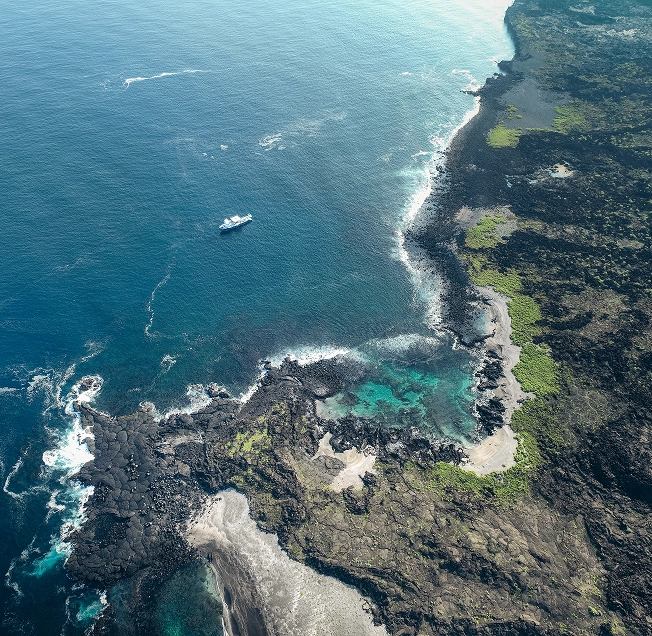
Our Goals
1
RESEARCH
Develop interdisciplinary research projects for the conservation and sustainability of the Galápagos Islands and across the planet through 5 basic pillars: environmental change, community & human health, conservation, oceans, and biodiversity.
2
COMMUNITY DEVELOPMENT PROGRAM
Contribute to sustainable development and greater environmental awareness in the local community to better understand the complex interactions among people and the environment in which they live.
3
EXPERIENTIAL EDUCATION
Host interdisciplinary research projects thanks to partnerships with the Galápagos National Park and other local public institutions. Several flagship projects have been strategically selected to provide hands-on learning experiences for local and international students.
4
GLOBAL PARTNERSHIPS
Create a scientific network that is powered by a diversity of thoughts, perspectives, techniques, approaches, visions, and a data infrastructure that are leveraged through integrative science to create a collaborative global network of institutions and scholars for the innovative study of island ecosystems.
GSC Impact
We coordinate research projects with local, national, and international scientists for the benefit of Galápagos and global science.
173+
Interdisciplinary research projects at GSC
852+
Students engaged in bachelor, master, and PhD programs
9163+
Community members benefited from the GSC in science and educational activities
Photo Background: SMGTagging_©CameronPerry
Spotlight
Christmas Newsletter and Impact report 2025
During this special season, we invite you to discover the stories, insights, and achievements that shaped our 2025. Our newsletter brings together the key projects and impacts of the Galapagos Science Center, from scientific advances and new data platforms to initiatives in health, education, conservation, and community engagement. Each story reflects a collective commitment to caring for Galápagos and building a sustainable future for this Natural World Heritage site. Read the newsletter and join us as we turn knowledge into action—together.
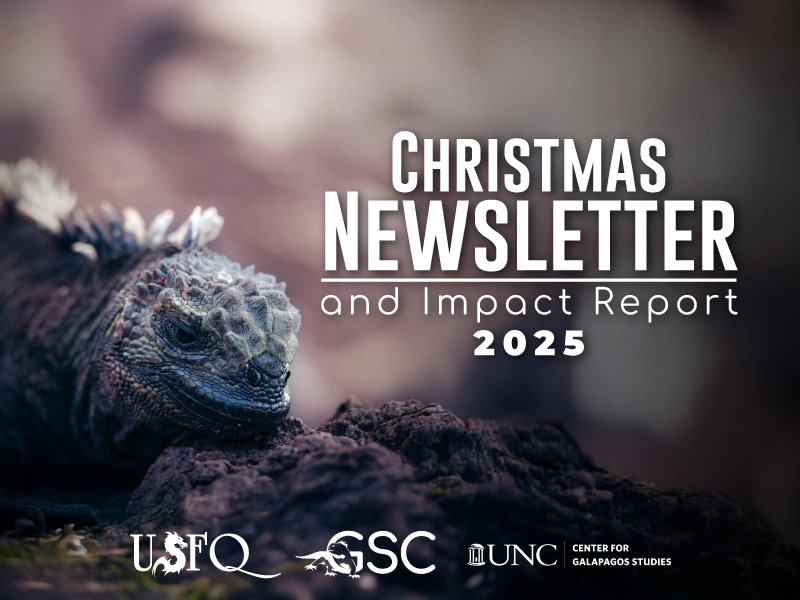
Spotlight
New release from the Galapagos Science Center!
Human Galapagos: Boundaries, Territories and Places, a book that blends science, design, and sustainability to address the human and ecological challenges of the Galápagos Islands. Through nine chapters, it explores ideas on sustainable urbanism, biodiversity, renewable energy, water management, and environmental design, all centered on one clear focus: human life and its balance with nature. This work emerged from the collaboration of international experts during the 6th APRU SCL Summit 2023, bringing together proposals for new ways of living, planning, and coexisting within one of the planet’s most fragile ecosystems.
Human Galapagos: Boundaries, Territories and Places is more than a book, it marks a milestone for APRU SCL, becoming the first academic publication born from one of its annual conferences. It is part of the renowned series Social and Ecological Interactions in the Galapagos Islands (SESGI), which features pioneering research on sustainability and social transformation in the archipelago.
Explore our 11 fascinating GSC publications here:
galapagosscience.org/research-

Galápagos Data Hub
Engage with the island through accessible data
Read our Epub Magazine 2024 Edition
Read our Epub Magazine 2023 Edition
Read our Epub Magazine 2022 Edition

